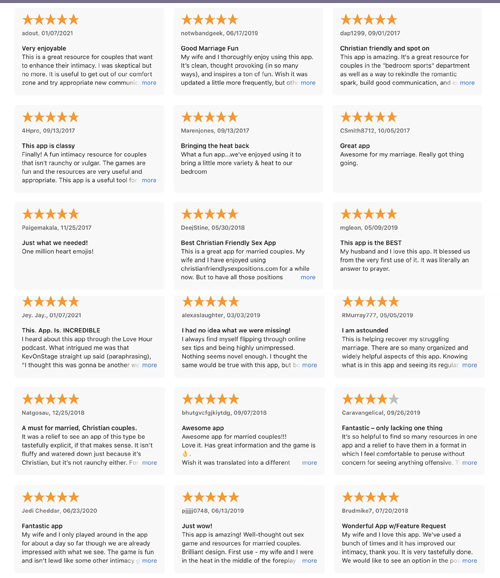Forgiveness is a powerful tool that can help us heal from past wounds and move forward with our lives. Holding a grudge can make us bitter and angry, which can grow stronger over time until there is no return. It’s important to remember that forgiveness doesn’t mean forgetting what happened or that the hurtful behavior should go unpunished.
Forgiveness means that we choose to release negative emotions such as anger and bitterness toward another person and move forward with our lives.
The benefits of forgiveness are numerous. When we forgive others, we release them from some or all responsibility for their actions, which means we can stop blaming them for what happened and allow ourselves to move on from any negative feelings or thoughts associated with those memories.
When we are carrying anger, it feels like a big weight on our shoulders and negatively impacts everything in life. When someone forgives, it’s like a big weight being taken off that individual. We feel like we are free! However, when we don’t forgive, we punish ourselves far more than the pain the other person is feeling.
There is a good saying:
“Holding on to anger is like grasping a hot coal, with the intent of throwing it at someone else, but you are the only one that gets burnt”
If we don’t forgive, we will be the one that suffers the most.
Also check out this great article on Why is Resolving Conflict so important?
Forgiveness is not an easy process, and it takes time and effort. It’s not something that happens overnight. But once we learn how to forgive, our lives will be much brighter, happier and more fulfilling than before. It’s important to note that forgiveness is not the same as reconciliation. Reconciliation is when you have a relationship with someone, and it’s strained, and then you work through the issues, and there’s forgiveness. But you still may not be able to reconcile. It is important to know that you can forgive without reconciling.

The first step to forgiving someone who has hurt you is to acknowledge the pain they caused by their actions or words. Identify what “you” want and need to forgive. Do you go to counseling with your spouse, do you agree that you will make decisions together instead of separately, do you set boundaries that were not previously in place?
Figure out what you need to do to forgive and move on. Try to look at all perspectives. Try to understand if they did it intentionally, or unintentionally. Was it their fault? What were they thinking? Why did they do what they did? Put yourself in their shoes and look at it from their perspective.
It’s also essential to tell the other person that you forgive them. Forgiving doesn’t mean you forget, or that you are going to put up with it again. Forgiving the offender gives you the relief that “you” need too. Remember that forgiveness is a choice that we make not only in our minds but also in our hearts.
In conclusion, forgiveness is crucial for a happy and healthy marriage. It’s not an easy process, but it’s necessary for healing and moving on. Forgiveness doesn’t mean forgetting or condoning the actions of another person, or your spouse, but rather choosing to release yourself from the hurt and pain caused by those actions. When we forgive, we release ourselves from negative emotions such as anger and bitterness, and we allow ourselves to move forward with our lives.
You may also like Ultimate Intimacy Podcast 16. How Vulnerability And The Power Of Forgiveness Creates Better Intimacy

Ultimate Intimacy
If you are looking for a resource that can help transform your marriage, and take your emotional and sexual intimacy to another level then check out the amazing Ultimate Intimacy App! It will be the best app you ever download! Find out why over 600,000 couples have downloaded the app and give it a 4.8/5 star rating!


